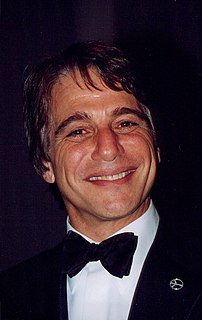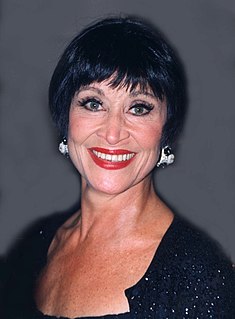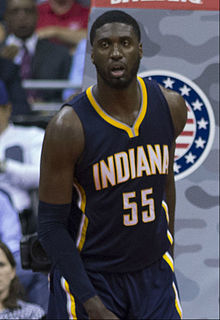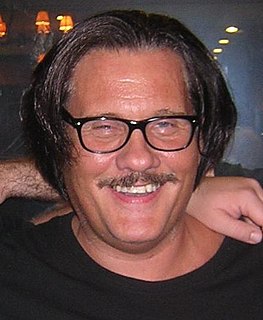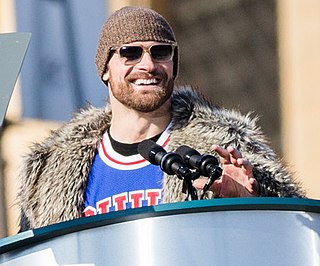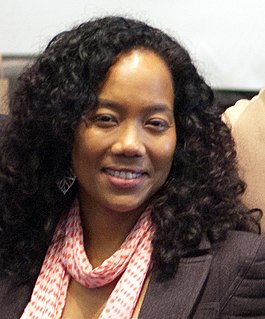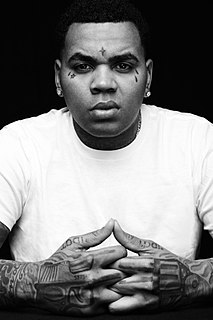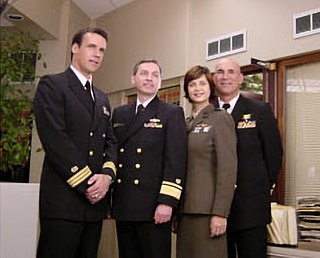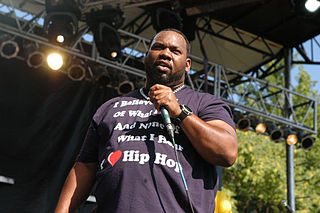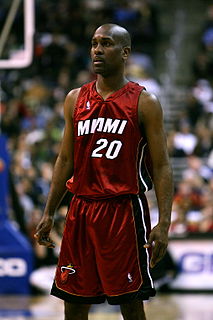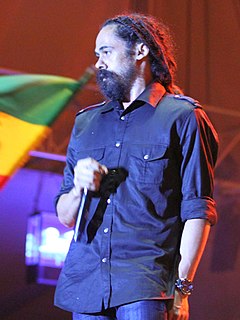A Quote by Romeo Santos
I grew up in a neighborhood that had a lot of things to offer, good and bad.
Related Quotes
Language is the primary way we communicate with each other, and we have really strong feelings about what words mean, and about good language and bad. Those things are really based on sort of an agglutination of half-remembered rules from high school or college, and our own personal views on language and the things we grew up saying, the things we grew up being told not to say.
I grew up in uptown Jamaica; I went to a rich school. I was raised by my mother and my stepfather; they made sure education came before anything. I had a good childhood, grew up spending time with my bigger brothers and sisters. My people are good people. I was exposed to a lot of different kinds of people and culture.

